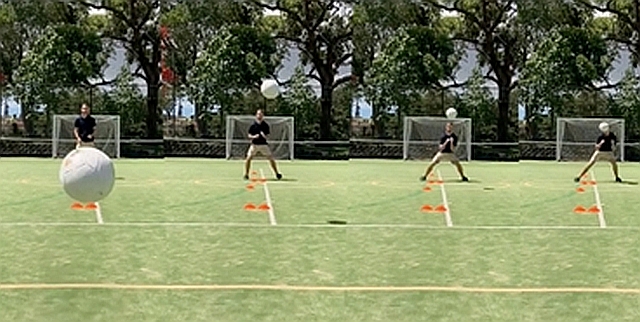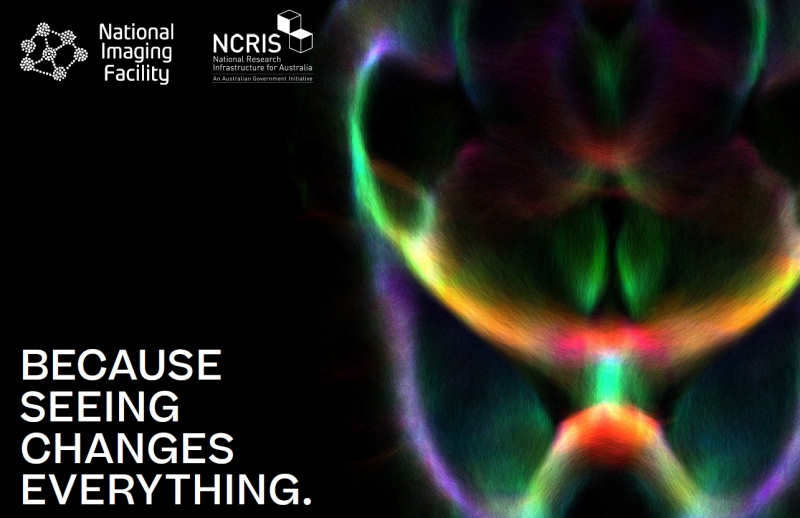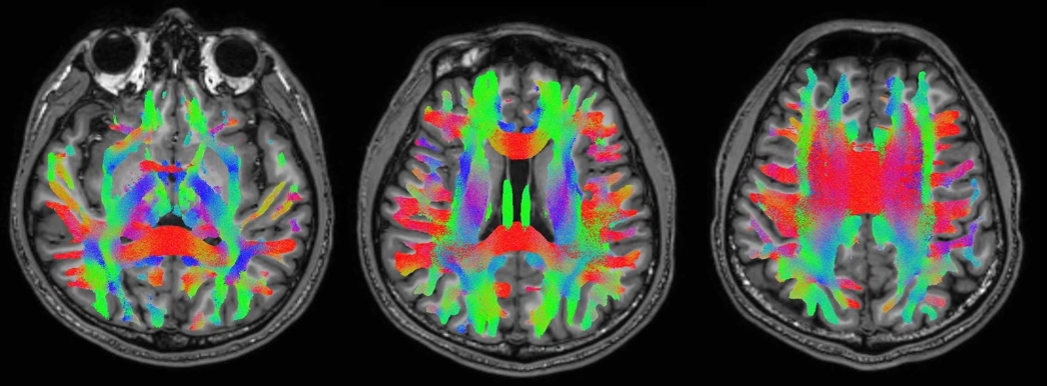RESEARCH SPOTLIGHT Biomarkers of sUbconcussive iMpacts in sPort: The ‘BUMP’ trial
MRI at NeuRA Imaging is being used to examine the structural, functional, and chemical effects of soccer heading on the brain. The University of Sydney’s Lambert Initiative is conducting a randomised controlled trial at Neuroscience Research Australia (NeuRA) to better understand how subconcussive head impacts affect the brain. The trial, which is the first of …
Because Seeing Changes Everything: Placing Australian imaging at the global forefront
Today the National Imaging Facility (NIF) released Because Seeing Changes Everything, its roadmap for Australian imaging. Media release NIF is Australia’s advanced imaging network, providing open access to flagship imaging equipment, expertise, tools, data and analysis. NIF enables a full suite of advanced imaging capability including preclinical and clinical, human and animal imaging, and radiochemistry. …
“The highest-resolution images of a living brain in the world”
Professor George Paxinos has been featured in the Sydney Morning Herald’s Good Weekend Magazine. George has recently published a novel titled A River Divided and in his chat to Good Weekend, some of his latest research with Steve Kassem and Mark Schira at NeuRA Imaging was discussed. Along with some of their stunning images we …
Stunning brain images acquired using high-resolution diffusion-weighted imaging
Ever wondered what Diffusion-Weighted Imaging would look like when scan time is not an issue? A recent project led by Mark Schira and George Paxinos that constructed a histology grade atlas of the human brain based on in vivo diffusion MRI set out to answer that question. DWI images were collected with the assistance of …
Human Connectome Project style diffusion available at NeuRA Imaging
The Human Connectome Project (HCP) was a collaborative study to map connections in a healthy, human brain. The protocols used for data acquisition have recently been configured and optimised for researchers to use on the Philips Ingenia CX 3T MRI scanner at NeuRA Imaging. The NeuRA Imaging HCP style protocol corresponding to the Young Adult …
A glimpse into brainstem functional oscillations across individual migraine cycles
Recently published in NeuroImage: Clinical is a paper from the PhD thesis of Noemi Meylakh, using the Philips 3T TX MRI scanner, to measure resting functional oscillations in controls and episodic migraineurs across the span of 30 days (doi: 10.1016/j.nicl.2021.102630). Since the 17th Century, philosophers have struggled with understanding the pathophysiology of the ever-elusive migraine …






Recent Comments